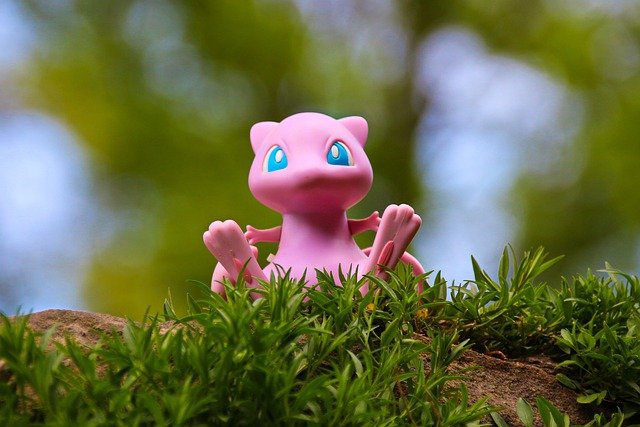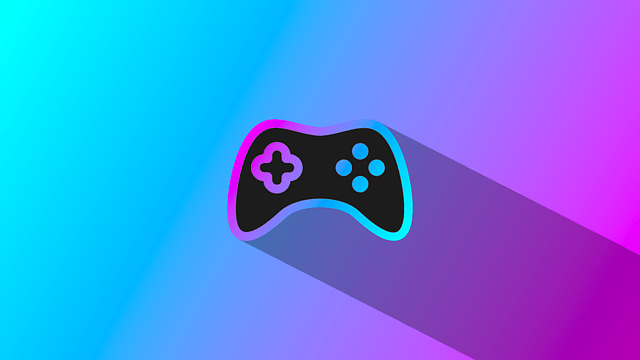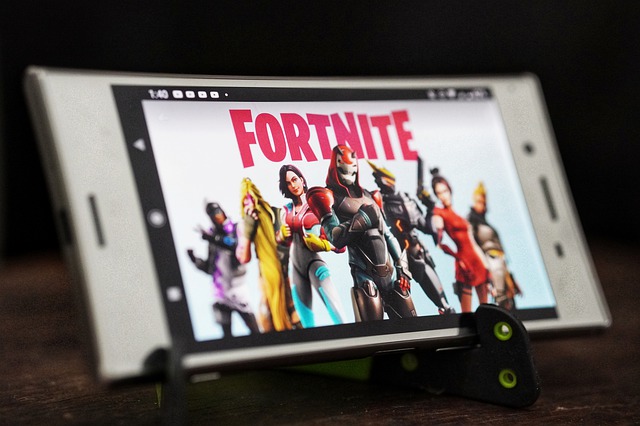There’s a new moral panic brewing about Instagram. It began with the testimony of Facebook whistleblower and a leaked internal Facebook study about the supposed harmful effects of Instagram on teenage girls, including suicidal ideation and eating disorders. This led to a national freak-out over social media and its corrupting influence over the youth, an argument made best by psychologist Jonathan Haidt in the Atlantic.
But I disagree that the evidence points in this direction. First, although it’s true that we’ve seen a rise in suicides among teen girls in recent years, that’s also true for almost every age demographic. In fact, according to Centers for Disease Control data, suicides are most common among middle aged white men and young Native American men, both of whom have far high suicide rates than teen girls. And the raw increase in suicides among middle aged adults is also much higher than for teenagers.
I suspect we’re indulging a classic “blind men and the elephant” parable here in that by only looking at one group—teenage girls—we’re misdiagnosing a cause when a wider lens would suggest that families are generally in crisis mode.
Anecdotally, as a college professor, I have certainly seen more mental health strain among young adult students recently. And yet, even through my own circumscribed lens, these often seem tied to wider family crises. We need better data than my impression, but I suspect suicide is a systemic, family issue, not linked to technology use.
Moreover, a wealth of studies now find no evidence for a link between social media use and mental health. As for those that do find a link, the effect is often tiny, quite literally the same size as for the impact of potatoes or eyeglass wearing on mental health. Yet we don’t warn parents of the dangers of unsupervised spud eating in youth.
A recent review I participated in conducted by members of the media psychology divisions of the American Psychological Association, Psychological Society of Ireland and British Psychological Society, reviewed the data regarding the impact of screens, social media and smartphones on mental health. Overall, we found little evidence to connect them to mental health.
Of course, our study got less attention than the infamous Facebook whistleblower study that quoted some teen girls saying Instagram makes them feel worse. But that study was roundly criticized by scholars for being junk science. Basically, people often blame the wrong source of their problems, and the questions used in the study were leading.
A gamer uses a Playstation PS4 controller as he plays a video game during the ‘Paris Games Week’ on October 30, 2019 in Paris, France.
Chesnot/Getty
The fact that the study represented an unforced error on the part of Facebook did not at the end of the day magically turn it into good evidence.
Ultimately, the social media panic looks a lot like the long-dead panic over television, in that it’s mainly fueled by social phenomena (rising crime then, suicides now) and is likely to reverse without intervention (as crime did in the early 90s without any regulation of television violence). It seems a clear failure to learn from history. We definitely need more and better studies, but the evidence just isn’t there yet to link social media to mental health.
Something similar is happening on another front: video games. Scholars have debated video game effects for decades—specifically, whether they lead to an increase in real world crimes like the ones they depict on screen. But increasingly the best studies now find over and over that there appears to be no link between playing action games and youth aggression or violence. Even the American Psychological Association’s historic position on this issue has since been revealed to be based on a flawed read of the data.
But what about mass homicide perpetrators? Weren’t they all avid action gamers? It turns out the answer is no. In official investigation reports, it turns out the 2012 Sandy Hook shooter, who killed children at an elementary school, was mostly an avid fan of the game Dance, Dance Revolution which is about as violent as it sounds. Similarly, the 2007 Virginia Tech shooter mainly played the youth-friendly game Sonic the Hedgehog.
Still, my student Miranda Sanchez and I wanted to be sure that it just isn’t the case that mass homicide perpetrators play more violent action games than other boys and men. To answer this question, we examined a sample of 169 mass homicide perpetrators for whom data are available from the Violence Project. We compared the life histories of these men to several control samples of men from the general public. We looked at three things: were these men bullied as youth, were they abused or neglected as youth, and did they play violent video games as youth.
It turns out, despite widespread beliefs that mass homicides are related to bullying, the men in this sample were no more likely to have been bullied than men in the general public. By contrast, family abuse and neglect were far more widespread among mass homicide perpetrators than among other men. But most fascinating of all, mass homicide perpetrators were less likely to have played violent action video games than men in the general public.
Why is the playing of action games so uncommon among mass homicide perpetrators? That’s an excellent question to which the answer is yet unclear. Some studies have suggested that the release of very popular action games like Grand Theft Auto or Call of Duty are associated with immediate reductions in violent crime. For mass homicide perpetrators, it may be that most action games are played socially with friends, and social isolation might be an early marker of problems.
In past generations we worried about things like radio addiction, or whether (seriously) Cyndi Lauper would encourage teen masturbation. Both video games and social media have been just another spin of the moral panic wheel. Whatever you decide to put beneath the tree this year, your kid will be fine.
Christopher J. Ferguson is an American psychologist who serves as a professor of psychology at Stetson University in Florida. He is the author of How Madness Shaped History.
The views in this article are the writer’s own.



